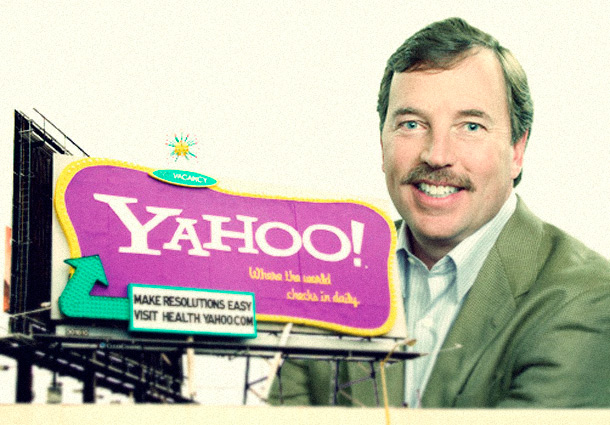With the impending Facebook-IPO-mageddon set to kick off this Friday, it seems like the best time to answer some long held questions about Facebook's business model, the value of their stock, and what the future of the company could be. This isn't meant to be an all encompassing primer on Facebook, but a look at some of the big issues surrounding the company, and where it moves from this point in time.
Q. How does Facebook make its money?

A. Facebook has two current streams of revenue right now. Their largest one is from advertising along its website, while the second one is from the use of Facebook Credits across its platform. Facebook is able to get such a premium on its advertising placing due to the fact that it has unique and specific information about each user that the user voluntarily gives up to Facebook to use, by filling in their profile and liking certain things. This allows the people running advertisements on Facebook to fine tune the reach of ads and who the ads are displayed to based on incredibly detailed information. The second revenue stream that Facebook has is their Credits system that is used across all applications on Facebook from Farmville to Words With Friends. For every dollar of credit that is purchased for an app, Facebook takes a 30% cut of the purchase. This revenue stream accounts for about 15% of Facebook's revenue, but has the chances to continually grow as Facebook begins to allow for in-app transactions and expands its credits so it becomes as pervasive on the internet as the ubiquitous like button.
Q. But I heard that companies were pulling out of placing ads on Facebook because it didn't make them enough money?
A. This week General Motors announced that they were taking their $10 million Facebook ad campaign and going home. They, like some other companies have realized that running ads on Facebook don't pay off for them in regards to new customers. In the case of General Motors, their failure to generate increased sales from the fact that the products that GM sells are not those that are easy to sway consumers just by targeting them with ads. Ads can help sway some people who are on the fence, but not for a product that is so important and requires heavy research as a car. So long story short, advertising on Facebook might not work for every company in the world, but the wealth of data that Facebook has that allows for ads to be custom tailored for each user to get the maximum impact.
Q. So lets get down to the money. How much is Facebook worth?
A. Well, Facebook is set to offer shares of its stock to the public on Friday with a price range between $34 and $38 and will offer over 420 million shares of common stock to be traded in the first day. This offering is different from other tech stocks IPOs which relied on releasing a small number of shares in order to drum up demand and thus drive up the prices. While Facebook plans to price themselves near $38, this is the price offered to the first select investors who have a good relationship with the investment banks. When the stock reaches regular trading, it will most likely rise quickly as investors clamor to get a few shares of the stock the price will probably reach the high $40s and touch the $50s. This will set Facebook's value as a $100 billion company.
Q. So is it worth is? Should I buy into Facebook?
A. Depends on what you are looking for in a stock. If you want stock in a company that is fully controlled by Mark Zuckerberg, will not announce a dividend any time soon, and will put long term growth ahead of short term profits, than by all means buy Facebook. If you are looking for anything else, or don't trust that Zuckerberg will be able to continue to grow the company, don't buy it. The big question is if the companies valuation is this high because we are in another tech bubble, reminiscent of the one in the early 2000's with such luminary companies like pets.com being worth millions with no real income to speak of. While Facebook had real profits to stand by, their potential P/E ratio would stand to be close to 100x, obviously inflated by the stock bubble that is slowly inflating around the world. Once it pops, companies that have no real business plan would crash and burn, but companies like Facebook that have enough profits to weather the storm could survive. In many ways Facebook is the equal of Amazon, with its longterm view of the company and the desire to pursue long term growth over short term results.
Q. What does this mean for Facebook as a product?
A. Well, not much really. Life will go on, people will continue to poke each other, pictures will get tagged, statuses will be liked, like they always have. However, investors will desire for Facebook to come up with some new revenue generating idea, or the expansion of the Facebook Credits system. In the short term, Zuckerberg does not have to pay attention because he has iron-clad control over the company, but in the long term, he must look out for the growth of the company, by increasing revenues.
Anything that was missed? Point of contention to anything that was said? Drop a line in the comment section below!



